
Born Hindu, Saved by Grace | Ex Charismatic Pastor | Author & Founder of The Reformation Resurgence | Teaching Truth in India | Soli Deo Gloria.
How to get URL link on X (Twitter) App

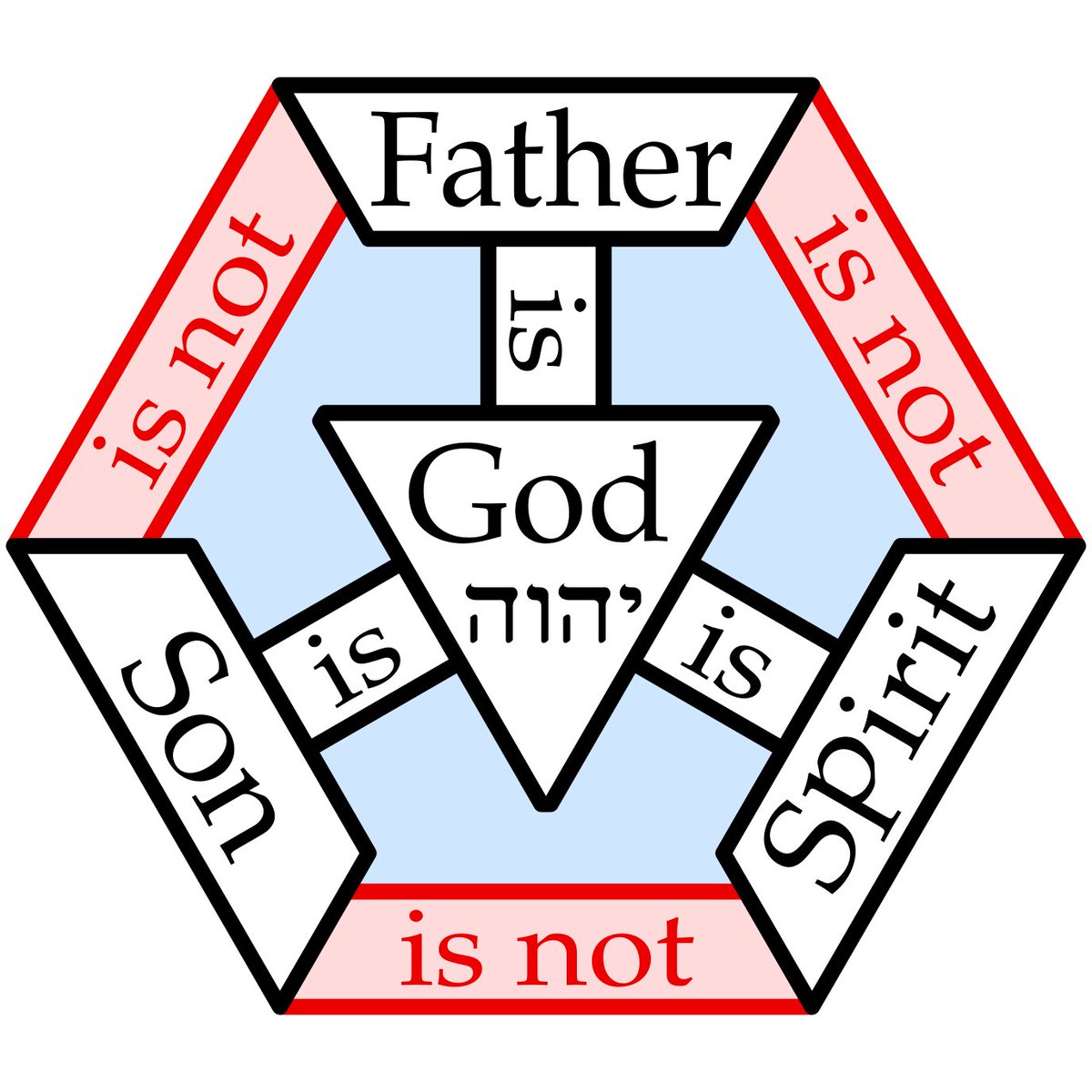
 The Trinity Is Not Three Separate Gods (Tritheism) 🧵
The Trinity Is Not Three Separate Gods (Tritheism) 🧵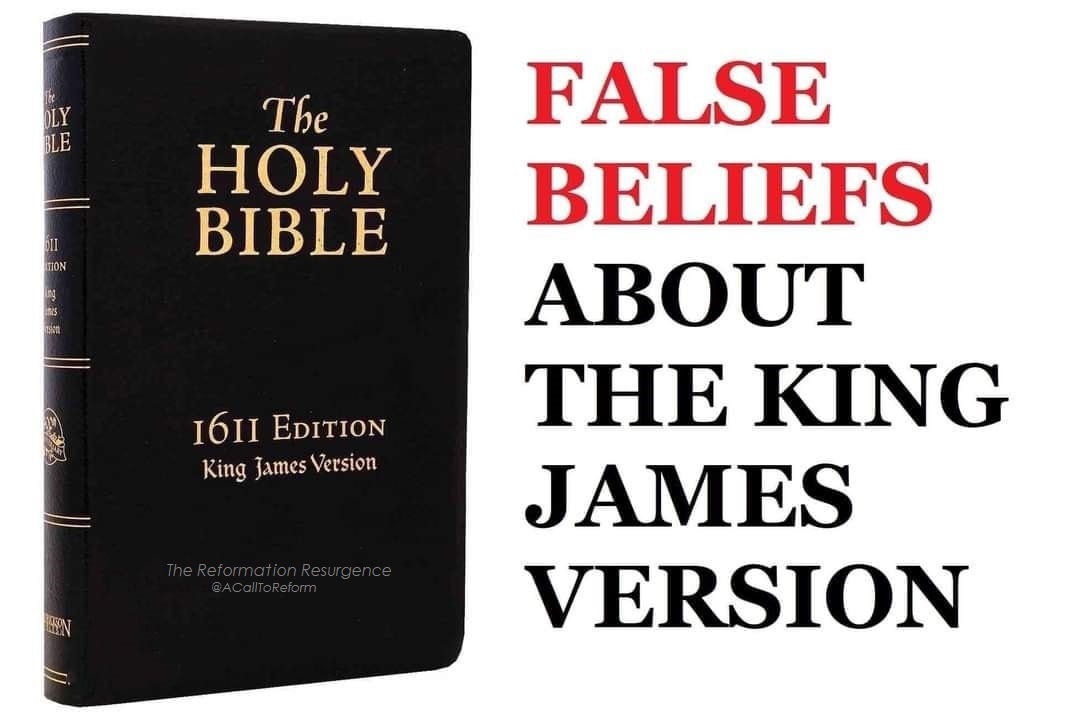
 The KJV was the first English translation of the Bible. 🧵
The KJV was the first English translation of the Bible. 🧵
 Hate
Hate
 The Sleep Theological Institute
The Sleep Theological Institute
 The Great Exposure
The Great Exposure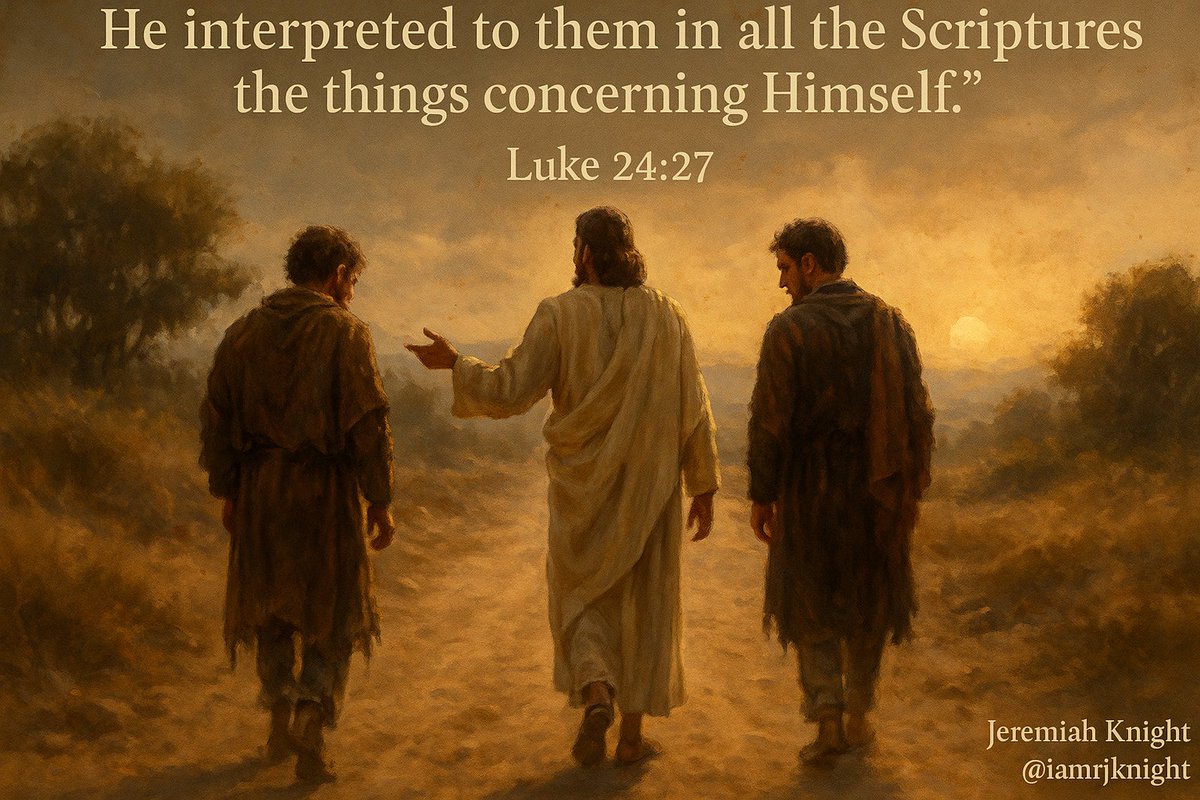
 JESUS IN CREATION AND THE FALL
JESUS IN CREATION AND THE FALL
 The Audience: To Whom Was John Speaking?
The Audience: To Whom Was John Speaking?
 The Biblical Meaning of the Anointing
The Biblical Meaning of the Anointing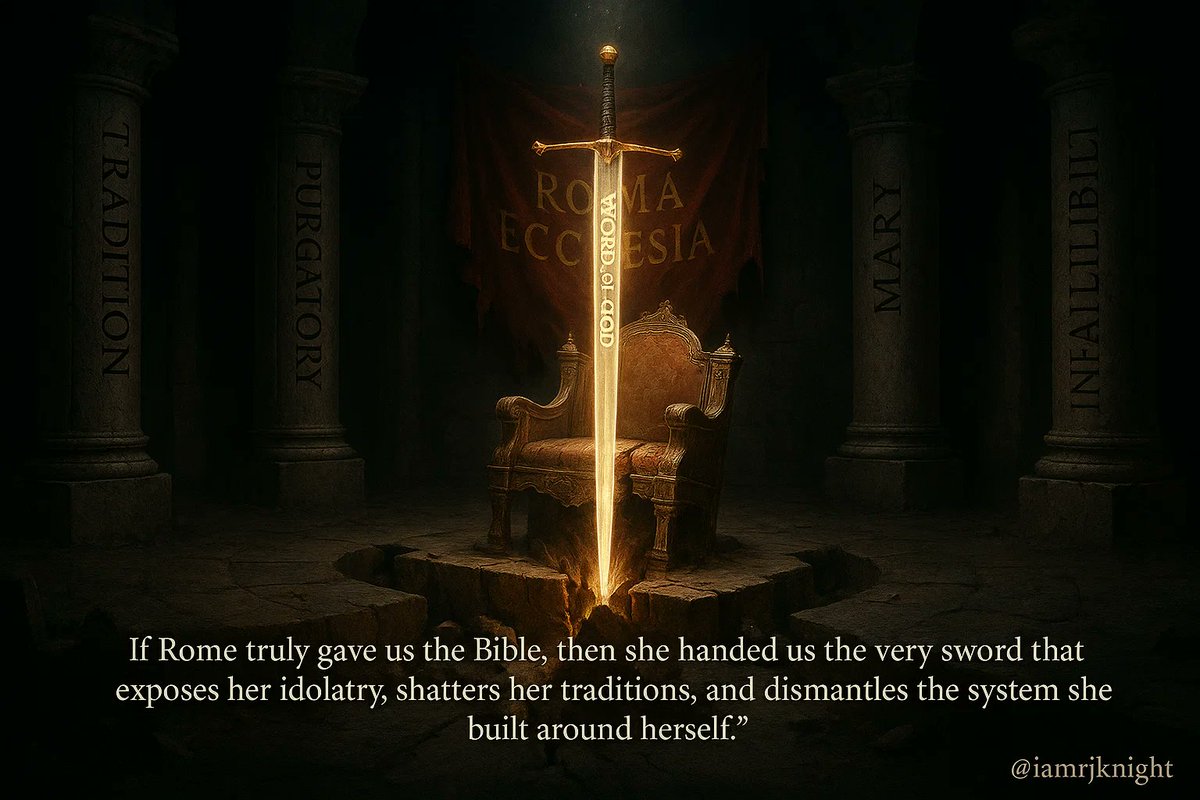
 No, Rome did not give us the Bible.
No, Rome did not give us the Bible.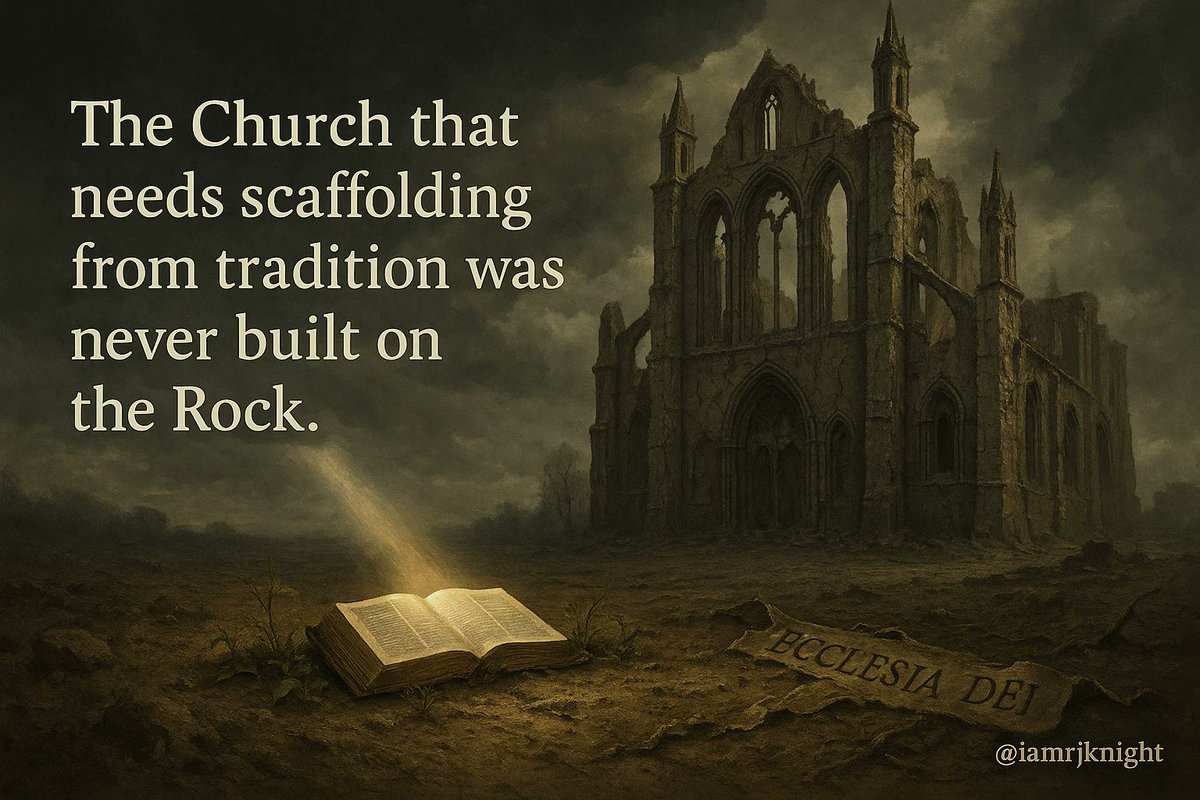
 FOUNDATION OR FICTION?
FOUNDATION OR FICTION?
 1. Justification: Once for All, or a Lifelong Process?
1. Justification: Once for All, or a Lifelong Process?